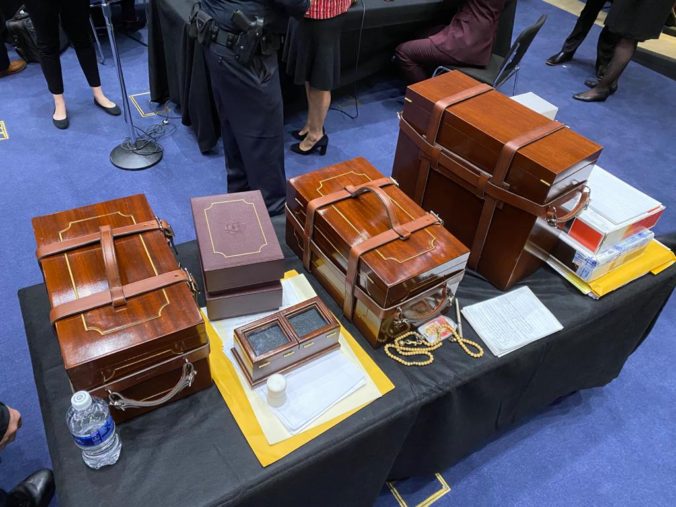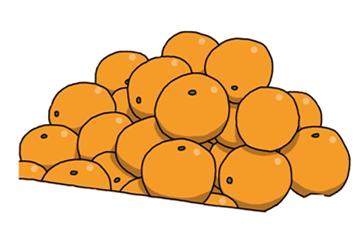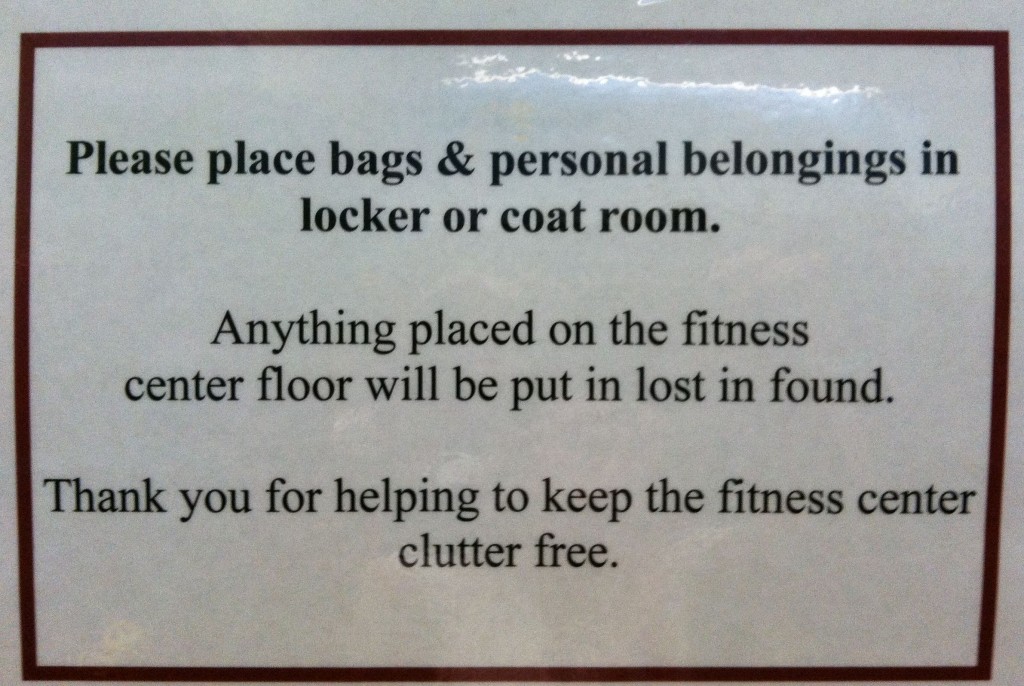The year 2021 engraved the date January 6 into the American psyche.
This date, two weeks before the inauguration of Joseph R Biden as 46th President of the United States, drove a wedge into the story of American pride in its ability to have peaceful transitions of power from one president to another.
On January 6, 2021, although Donald Trump had lost the election, an angry mob of his supporters who refused to accept the results of the recent Presidential election was attempting to thrust its way into the House of Representatives. Their goal was to stop the peaceful and traditional counting of Electoral College certificates from the 50 States. While staffers were rushing to rescue the ballots, others were ushering Vice President Pence and many United States Senators and Representatives into a safe haven in the House basement. Police outside and in the halls of the House fought the angry mob in an effort to stop them from attacking and harming the congressman, and the valuable Electoral College certificates.
Americans, and people around the world, were glued to their television sets. watching in bewilderment. “Is this for real?” “Is this really happening?? “How can this be happening, here?” Americans asked.
While power did have its transition, it was not peaceful. Hundreds have been arrested from across the United States and charged with insurrection and a variety of other charges of violence. Americans struggle with the future of democracy.
The House of Representatives’ Select Committee to Investigate the January 6th Attack on the U.S. Capitol is asking questions. They are asking, “‘What was Trump’s exact role in the assault on Congress in the insurrection?’” They are asking other questions, too.
This year January 6 occurs on a Thursday. World leaders ask, “Is America going to be all right?” “What about democracy in America?”
President Biden presides over a world that looks to America for its highest principles, and a population that has yet to be united.





